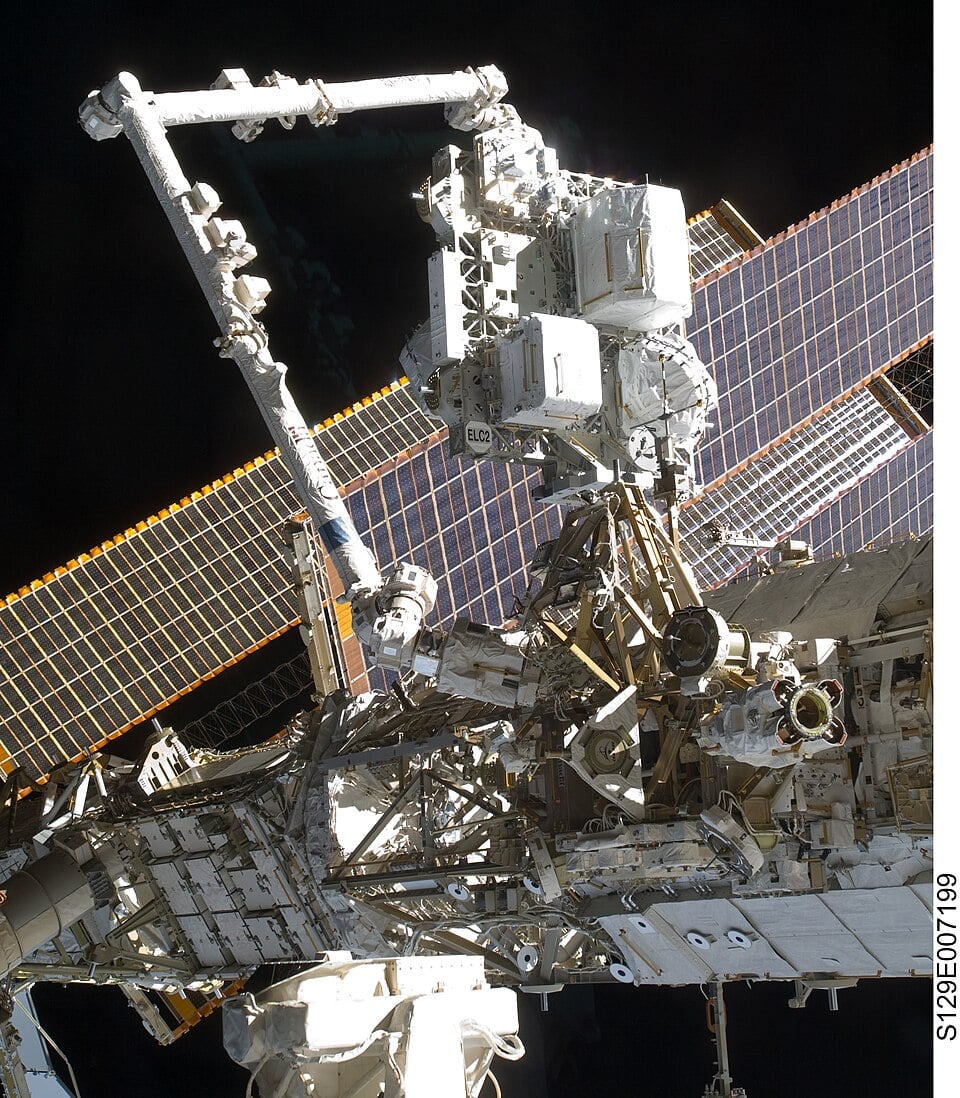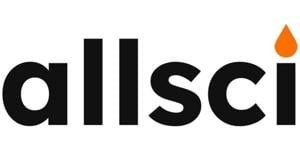The ABC Global Alliance has unveiled the Advanced Breast Cancer (ABC) Global Decade Report 2015–2025, showcasing significant scientific advancements in the treatment of advanced breast cancer (ABC). While the report highlights substantial progress in care for patients in certain nations, it also reveals a troubling widening of the global equity gap that leaves many others without access to essential treatments.
This comprehensive assessment, released today, underscores a decade marked by innovations that have resulted in improved patient outcomes in some regions. However, the findings also point to a stark reality: not all patients have benefited equally from these developments. The disparities in care across different countries remain pronounced, raising concerns about access to critical therapies and support systems.
The report details various breakthroughs achieved since 2015, including advancements in targeted therapies and personalized medicine that have transformed treatment protocols. In high-income countries, survival rates for advanced breast cancer have improved significantly, and new therapeutic options have emerged. Nevertheless, patients in low- and middle-income countries continue to face challenges, including limited access to diagnostics and treatment facilities.
Notable Findings and Recommendations
According to the report, while some nations have seen a 40% increase in survival rates due to improved care, others report stagnation in treatment access and outcomes. The ABC Global Alliance emphasizes the need for a concerted effort to bridge this equity gap. The report recommends enhancing collaboration among governments, healthcare providers, and international organizations to ensure that advancements in ABC care reach all patients, regardless of their geographic location.
The ABC Global Alliance has called for increased funding and resources directed towards under-served populations. This includes investing in healthcare infrastructure, training healthcare professionals, and making innovative treatments more affordable and accessible.
The report serves as a crucial reminder of the ongoing challenges within global health systems. It emphasizes that while advancements are commendable, they must be accompanied by actions that ensure equitable access to care for all individuals diagnosed with advanced breast cancer.
As the global community reflects on these findings, it is clear that the journey toward equitable healthcare continues. The ABC Global Alliance urges stakeholders to prioritize efforts that address these disparities, ultimately striving for a future where every patient can benefit from the progress made in advanced breast cancer treatment.







